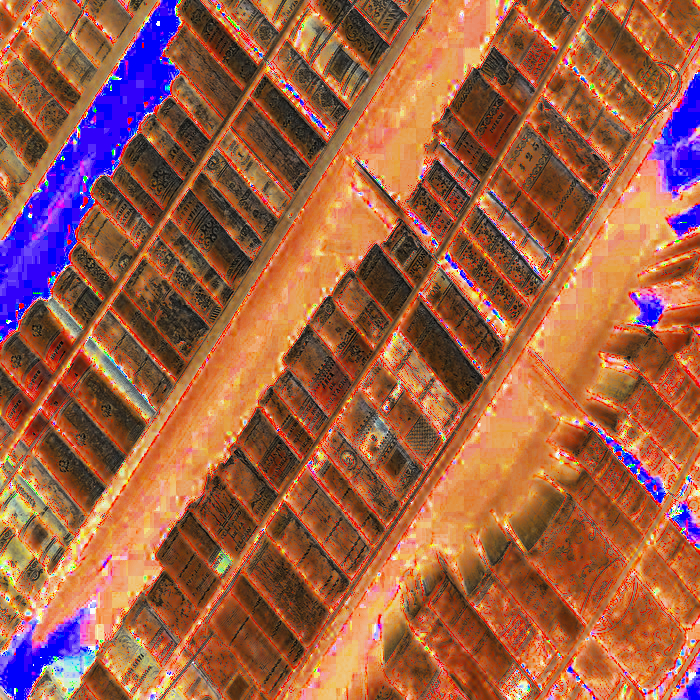terminal 0
unfinished

NEFX - Slewincrown.txt ? For that matter, such assumptions would lead to the belief of the truth containing a clue to the nature and reality of the science of what is ultimately untrue as though the untruth were true, leading the seeker down a train of consequences possibly not noticed until too late. ? Thus such assumptions about truth, even should they by seeming luck or coincidence land on truth, themselves betray a lack of true certitude and understanding not only of the truth but of the proper means of even seeking for it -- a truth which is itself inhered in that truth and also the ultimate. ? After all, the same is true of this untruth which may not be properly known yet pending the exposition of the science which determines what is true. ? The understanding of this science, for that matter, cannot be passed off purely as widely self-evident, nor can one of its false alternatives be posited alone as being or containing a clue to the nature and reality of that science or truth. ? All this is not to mistake these mere phenomenal manifestation of the science as being science itself, only a phenomenon -- whether we consider the science as universal law or as a practice by which mortals seek to get at it. ? a form of science) is thereby sort of entailed in it as an antithesis, a void of truth which makes the truth object more real by its distinction, or a stage of folly in the ultimate realization of the truth. ? e. ? Yet it may then be questioned whether thereby the folly which encounters if not outright instigates the arrival of this rigorous engagement (i. ? This is, of course, generally before the full exposition and process of that engagement and its truth not only in content but in the post-hoc result if its working through, which itself may indeed modify ultimate truth itself by its explication -- in effect modifying it by working it through. ? Indeed the presumption of futility acts as its own supposed system of science that seems to come up only reflexively upon sight of true rigorous engagement with the ultimate and its many appendages and ramifications. ? After all, to even know this -- the how and why of the employment of these concepts beyond just reflexive talking thereabout -- would entail too a working through with them that the supposed futility of the whole project undercuts. ? After all, it would be by its own logic required to extend as well to the presupposed meanings on the terms employed to express this trifling, such as what is ultimate, knowing, objective, etc. ? For the mere show of trifle about truth as a stand-in for truth engagement must be watched out for. ? Pending even a tentative to this, even the trifling over such matters, can be largely frivolous. ? Yet this begs the question of precisely what it is to know at all, let alone even a part of the ultimate. ? Here it is believed that the ultimate is something separate from these smaller matters, and that therefore to know one of the latter is not to know even a fraction or hint of it. ? The thoughtform which spurns the pursuit of the ultimate for the project's seeming futility even in a capacity for partial measure and success is nonetheless itself the more bound to seizing on transitory meantime ideas and opinions as if they were the only ultimate possible, ever sparring and disposable; and thereby only further spurns truth itself not only as the ultimate but as the smaller, more provisional matters, which are part of the former.
